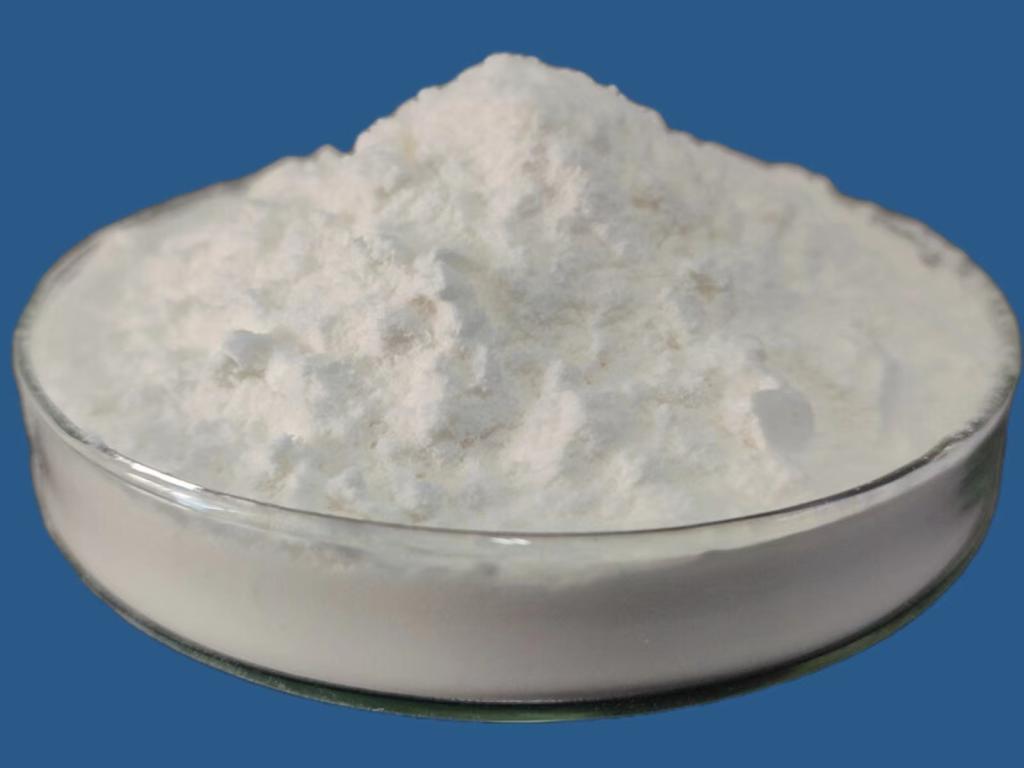Tel:+8618231198596

News
 CONTACT
CONTACT
 CONTACT
CONTACT
- Linkman:Linda Yao
- Tel: +8618231198596
- Email:linda.yao@dcpharma.cn
- Linkman:CHARLES.WANG
- Department:Overseas
- Tel: 0086 0311-85537378 0086 0311-85539701
News
Factory Price ε-Polylysine Hydrochloride Application in Adapting to Climate-Related Food Challenges.
TIME:2023-10-09
Climate-Related Food Challenges
Climate change poses a range of challenges to the global food system:
a. Changing Weather Patterns: Altered rainfall patterns, shifting temperatures, and increased frequency of extreme weather events can impact crop yields and lead to production losses.
b. Pest and Pathogen Shifts: Changes in climate can alter the distribution of pests and pathogens, affecting agricultural production and food safety.
c. Water Scarcity: Water scarcity and droughts can reduce water availability for irrigation, impacting crop growth and food production.
d. Food Safety Risks: Higher temperatures can promote the growth of foodborne pathogens, increasing the risk of foodborne illnesses.
e. Supply Chain Disruptions: Extreme weather events and transportation disruptions can disrupt the supply chain, leading to food shortages and waste.
ε-Polylysine Hydrochloride: A Natural Antimicrobial Biopolymer
ε-Polylysine hydrochloride, often referred to as ε-PL, is a biopolymer derived from microbial fermentation, primarily produced by certain strains of bacteria, including Streptomyces albulus. Its key characteristics make it suitable for various applications in food preservation:
a. Natural Origin: It is considered a natural food ingredient and is Generally Recognized as Safe (GRAS) by regulatory authorities in many countries. Its natural origin aligns with consumer preferences for clean label ingredients.
b. Antimicrobial Properties: ε-Polylysine hydrochloride exhibits potent antimicrobial activity against a wide range of microorganisms, including bacteria and yeasts. It inhibits their growth and reproduction, thereby preventing spoilage and enhancing food safety.
c. Water Solubility: It is highly water-soluble, allowing for easy incorporation into food formulations.
d. Stability: ε-Polylysine hydrochloride remains stable under various pH levels and temperatures, making it suitable for a wide range of food applications.
ε-Polylysine Hydrochloride's Role in Adapting to Climate-Related Food Challenges
ε-Polylysine hydrochloride offers a range of applications that can help address climate-related food challenges:
a. Extending Shelf Life: Its antimicrobial properties inhibit the growth of spoilage and pathogenic microorganisms in various food products, extending their shelf life. This is crucial for preserving food during transportation and storage in the face of supply chain disruptions caused by extreme weather events.
b. Preventing Foodborne Illness: ε-Polylysine hydrochloride helps ensure food safety by controlling the growth of pathogens, such as Salmonella, Listeria, and E. coli. As the risk of foodborne illnesses increases with higher temperatures, this preservative becomes more valuable in maintaining food safety.
c. Reducing Food Waste: By preventing spoilage and extending shelf life, ε-Polylysine hydrochloride contributes to reducing food waste, a significant challenge exacerbated by climate change-related disruptions.
d. Sustainable Agriculture: The use of ε-Polylysine hydrochloride in food preservation can support sustainable agriculture by reducing the need for excessive use of synthetic preservatives or overprocessing.
Applications in Climate-Resilient Food Preservation
ε-Polylysine hydrochloride's applications in climate-resilient food preservation include:
a. Baked Goods: It can extend the shelf life of baked goods by inhibiting the growth of molds and yeasts, which can proliferate in humid and warm conditions.
b. Dairy Products: In dairy processing, ε-Polylysine hydrochloride can prevent spoilage and enhance the safety of products like cheese and yogurt, which are susceptible to microbial growth.
c. Meat and Seafood: In meat and seafood processing, it can inhibit spoilage bacteria and pathogens, extending the shelf life of these products during transportation and storage.
d. Fresh Produce: ε-Polylysine hydrochloride can be applied as a protective coating on fresh fruits and vegetables to reduce microbial growth and maintain product quality during storage and transport.
e. Sauces and Condiments: It can be used to preserve sauces and condiments, preventing spoilage and maintaining flavor profiles.
Supporting Food Security in a Changing Climate
ε-Polylysine hydrochloride plays a crucial role in supporting food security in the face of climate-related challenges:
a. Preserving Food Availability: By extending the shelf life of food products and preventing spoilage, it helps ensure a consistent supply of food, even during times of climate-related disruptions.
b. Reducing Food Losses: Minimizing food waste through the use of ε-Polylysine hydrochloride helps reduce losses along the supply chain, preserving valuable resources and reducing environmental impact.
c. Enhancing Food Safety: The prevention of foodborne illnesses through antimicrobial action is critical in maintaining food safety, particularly when the risk of contamination is heightened by changing climate conditions.
d. Supporting Vulnerable Populations: ε-Polylysine hydrochloride can be used to preserve food aid products, ensuring that they remain safe and nutritious when distributed to communities facing food insecurity due to climate-related events.
Regulatory Considerations and Safety
The use of ε-Polylysine hydrochloride in the food industry is subject to regulatory approval in different countries. Collaboration with regulatory authorities is essential to ensure compliance with safety standards and the responsible use of ε-Polylysine hydrochloride in food production.
Safety assessments, including toxicological studies, are conducted to establish the safety of ε-Polylysine hydrochloride for human consumption.
Conclusion
As climate change continues to present challenges to the global food system, innovative solutions are needed to adapt and ensure food security. ε-Polylysine hydrochloride emerges as a valuable tool in this endeavor, with its natural origin, antimicrobial properties, and applications in food preservation.
By extending the shelf life of food products, preventing foodborne illnesses, reducing food waste, and supporting sustainable agriculture, ε-Polylysine hydrochloride contributes to climate resilience and food security. Its versatility and potential to enhance food quality and safety underscore its importance in creating a more resilient and sustainable food system in the face of climate-related challenges.
- Tel:+8618231198596
- Whatsapp:18231198596
- Chat With Skype







